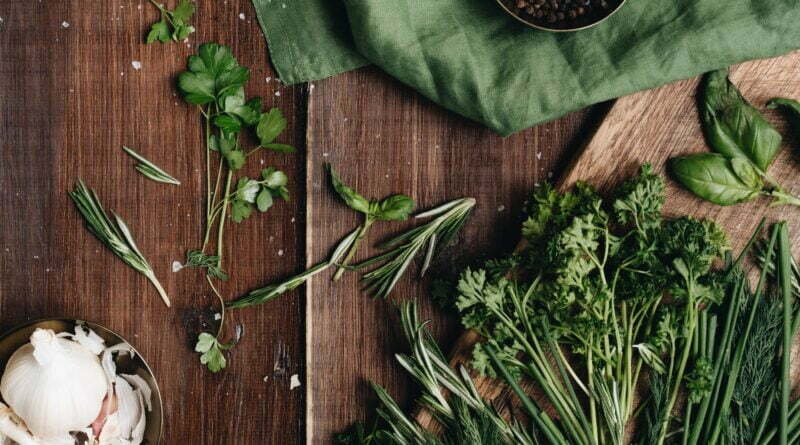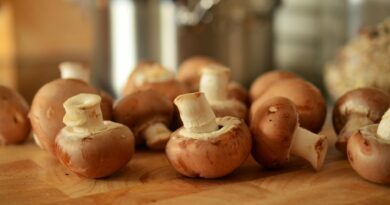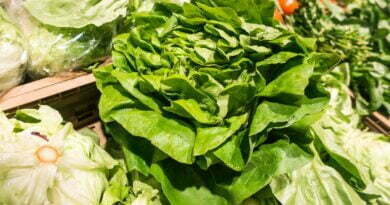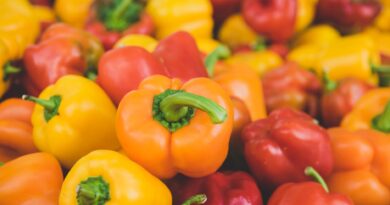A Guide to Cultivating Chives On Your Allotment Garden
Chives, with their delicate green shoots and mild onion-like flavor, are not only a delightful addition to any allotment garden but also a versatile herb that can elevate the taste of various dishes. From soups and salads to omelets and stir-fries, chives bring a refreshing zest to culinary creations, making them a staple in many kitchens. But beyond their culinary appeal, chives offer a plethora of health benefits, making them an excellent choice for both gardeners and cooks alike.
In this comprehensive guide, we will delve into the world of chives, exploring the different varieties available, the myriad of health benefits they offer, and some creative meal ideas to inspire your culinary adventures. Whether you’re a seasoned gardener looking to expand your herb collection or a novice cook eager to explore new flavors, growing chives on your allotment is sure to be a rewarding experience.
Varieties of Chives
Chives are part of the allium family, which also includes onions, garlic, and leeks. There are several varieties of chives that you can grow in your allotment, each with their own unique characteristics. Here are some of the most popular varieties:
- Common Chives:
This is the most commonly grown variety of chives. It has long, thin green leaves and produces pink or purple flowers. - Garlic Chives:
This variety has flat, grass-like leaves and produces white flowers. It has a mild garlic flavor that is perfect for use in stir-fries and other Asian dishes. - Siberian Chives:
This variety is hardy and can withstand cold temperatures. It has a stronger flavor than common chives and produces white flowers. - Chinese Chives:
This variety has thick, flat leaves and produces white flowers. It has a stronger flavor than common chives and is often used in Chinese cuisine.
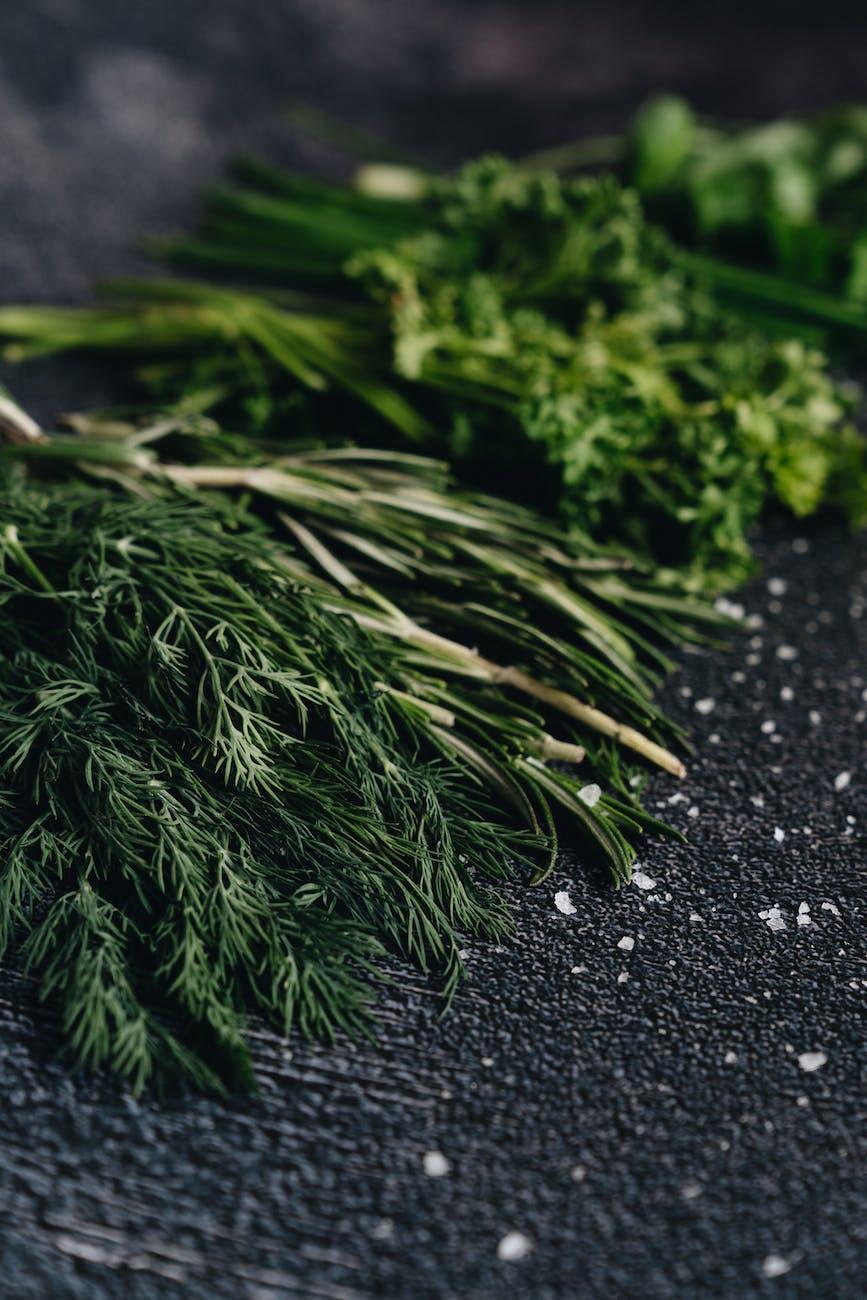
Growing Chives in an Allotment
- Choose a Suitable Location:
Chives thrive in well-drained soil and partial sunlight. Select a spot in your allotment garden that receives at least 4-6 hours of sunlight per day. - Prepare the Soil:
Chives prefer soil that is rich in organic matter and slightly alkaline with a pH level of around 6.0 to 7.0. Before planting, amend the soil with compost or well-rotted manure to improve its fertility and texture. - Planting Chives:
- Chives can be grown from seeds, but it’s more common and easier to start with young plants or divisions from established chive clumps.
- Plant chive divisions or young plants in early spring, spacing them about 30-45 centimetres apart in rows or clusters.
- Dig a hole slightly larger than the root ball of the chive plant, place the plant in the hole, and gently firm the soil around it.
- Chives can be grown from seeds, but it’s more common and easier to start with young plants or divisions from established chive clumps.
- Watering:
- Keep the soil consistently moist, especially during dry spells. Water the chive plants deeply whenever the top inch of soil feels dry to the touch.
- Avoid overwatering, as chives are susceptible to rot in waterlogged soil.
- Keep the soil consistently moist, especially during dry spells. Water the chive plants deeply whenever the top inch of soil feels dry to the touch.
- Mulching:
- Apply a layer of organic mulch, such as straw or shredded leaves, around the base of the chive plants to help retain soil moisture, suppress weeds, and regulate soil temperature.
- Apply a layer of organic mulch, such as straw or shredded leaves, around the base of the chive plants to help retain soil moisture, suppress weeds, and regulate soil temperature.
- Fertilising:
- Chives are not heavy feeders, but they will benefit from a balanced fertiliser application in early spring as new growth begins.
- You can top-dress the soil around the chive plants with compost or a slow-release organic fertiliser.
- Chives are not heavy feeders, but they will benefit from a balanced fertiliser application in early spring as new growth begins.
- Maintenance:
- Remove any weeds that compete with chives for nutrients and water.
- Trim off any flower stalks as soon as they appear to encourage continuous leaf production.
- Divide overcrowded chive clumps every 2-3 years in early spring or autumn to maintain plant vigour and productivity.
- Remove any weeds that compete with chives for nutrients and water.
- Pest and Disease Control:
- Harvesting:
- Chives can be harvested as soon as the leaves are several centimetres tall.
- Use a pair of scissors to snip the leaves about 2-3 centimetres above the soil level.
- Harvest chives as needed, but avoid removing more than one-third of the plant at a time to allow for regrowth.
- Chives can be harvested as soon as the leaves are several centimetres tall.
By following these simple steps, you can successfully grow chives in your allotment garden and enjoy a bountiful harvest throughout the growing season.
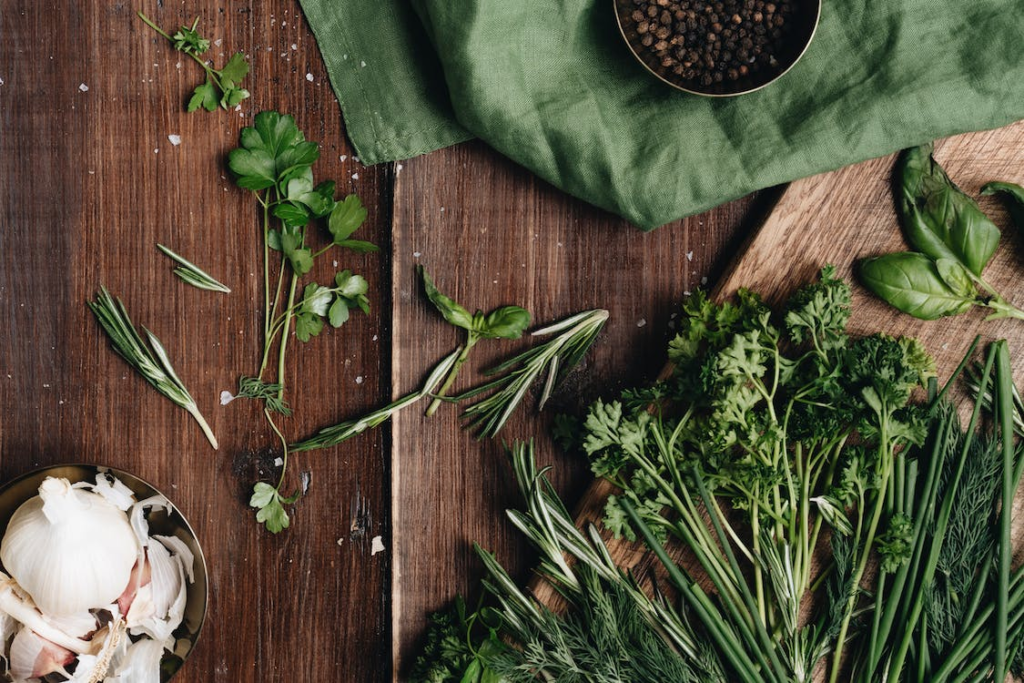
Meal Ideas Using Chives
Chives are a versatile herb that can be used in a variety of dishes. Here are some meal ideas that incorporate chives:
- Potato Salad: Add chopped chives to your favorite potato salad recipe for a mild onion flavor.
- Omelettes: Add chopped chives to your omelette filling for a flavorful and nutritious breakfast.
- Cream Cheese Spread: Mix chopped chives with cream cheese and spread on bagels or crackers.
- Chicken Salad: Add chopped chives to your favorite chicken salad recipe for a subtle onion flavor.
- Roasted Vegetables: Sprinkle chopped chives on roasted vegetables, such as carrots or potatoes, for added flavor.
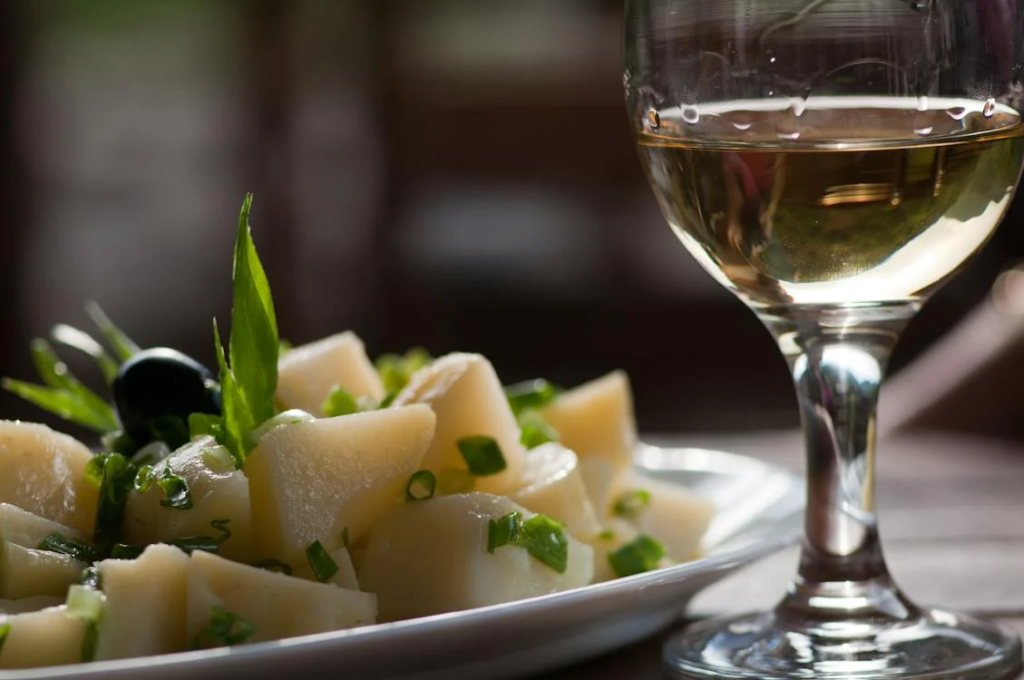
One of the joys of growing chives is the convenience they offer. Unlike some herbs that require constant attention and meticulous care, chives are relatively low-maintenance, making them an ideal choice for busy gardeners. Once established, they require minimal intervention, allowing you to focus your time and energy on other aspects of your allotment garden while still reaping the rewards of homegrown herbs.
Imagine stepping outside your door and snipping a handful of fresh chives to sprinkle over your morning omelette or garnish your evening salad. With chives growing just a stone’s throw away, you’ll never have to settle for store-bought herbs again. Instead, you’ll have the satisfaction of knowing exactly where your food comes from and the joy of harvesting it at the peak of freshness.
So, whether you’re a seasoned gardener looking to expand your culinary repertoire or a beginner eager to embark on a rewarding gardening journey, growing chives on your allotment is an excellent choice. From their culinary versatility to their health-promoting properties, chives offer a myriad of benefits that are sure to enrich your life and delight your taste buds. So, why wait? Get started today and experience the joy of growing your own chives!

